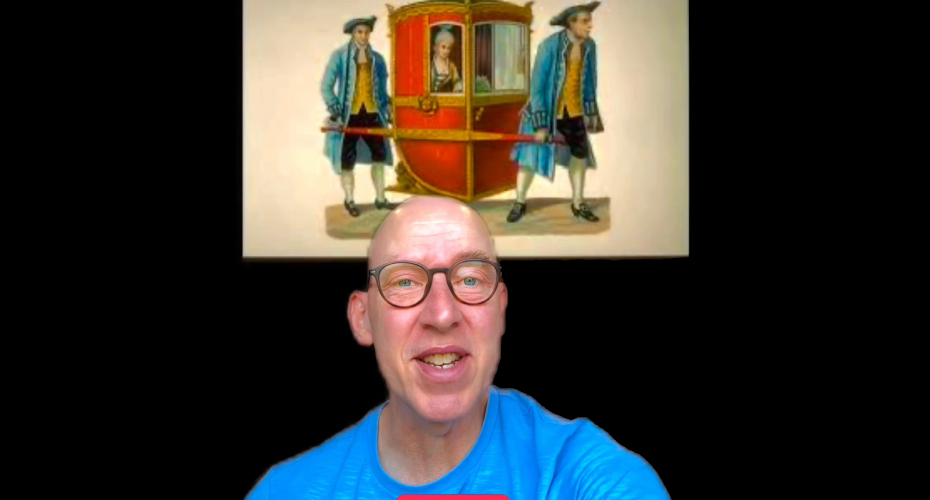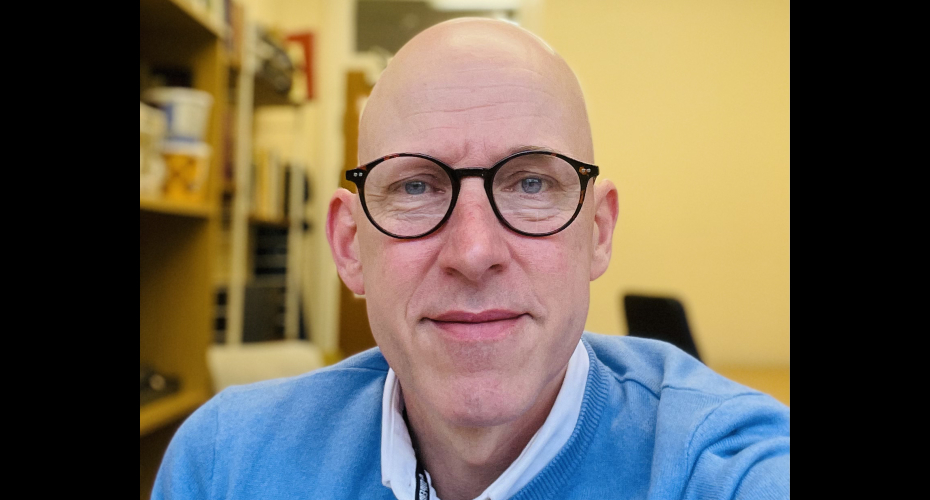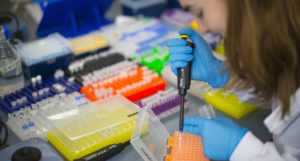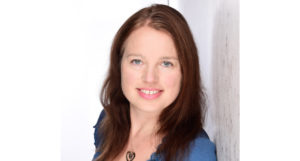Historian exchanges academic journals for TikTok in new BBC Radio 4 series

An expert in modern medical history is set to feature in a new BBC Radio 4 documentary exploring the promise and potential pitfalls of chasing influencer status online.
Dr Alun Withey, a nationally recognised authority on subjects such as the history of the body, facial hair and masculinity, and 17th/18th-century medicine, was asked to “step out of his comfort zone” by becoming a social media influencer on TikTok.
Dr Withey had no previous experience of using the platform and was ‘dropped in at the deep end’ and challenged to build an audience.
His experiences, along with two others also chosen for their inexperience with TikTok, are told in The Great Influencer Experiment, a three-part series which will begin broadcasting today, Monday, 8th September.
“I am about as far removed from your archetypal influencer as you can imagine,” said Dr Withey, a Senior Lecturer in the Centre for Medical History at the University of Exeter. “So, I did a lot of soul-searching before agreeing to take part in the programme. But I challenged myself to do it and to see whether I could bring my research to new audiences.”
Dr Withey has been a regular commentator in the media about the history of beards, masculinity and men’s personal grooming, but has increasingly disengaged from using social media due to its toxicity. After agreeing to appear on the programme, he and his two counterparts were taken to TikTok headquarters in London and provided with an overview of the platform.

“We were told that it was entirely possible to become an influencer, with a million followers, in a matter of days,” said Dr Withey. “We downloaded the app and were told to jump in and begin making content.”
The participants were not allowed to collaborate with each other and were left to their own devices as to how he approached the task. After several weeks of preparation, he put out his first TikTok video in early December and has been posting ever since.
As the project progressed, Dr. Withey grappled with the realities of online visibility and its emotional demands — from scrutiny and the pressure to appear authentic, to the relentless mental labour it demands. Enduring that strain became as challenging as creating the content itself.
He added: “I can’t reveal yet how I fared – you’ll have to listen to the programme for that – but it’s been a fascinating and challenging journey both professionally and personally. I’ve stepped well outside my comfort zone, but the University and my colleagues have been very supportive.”



